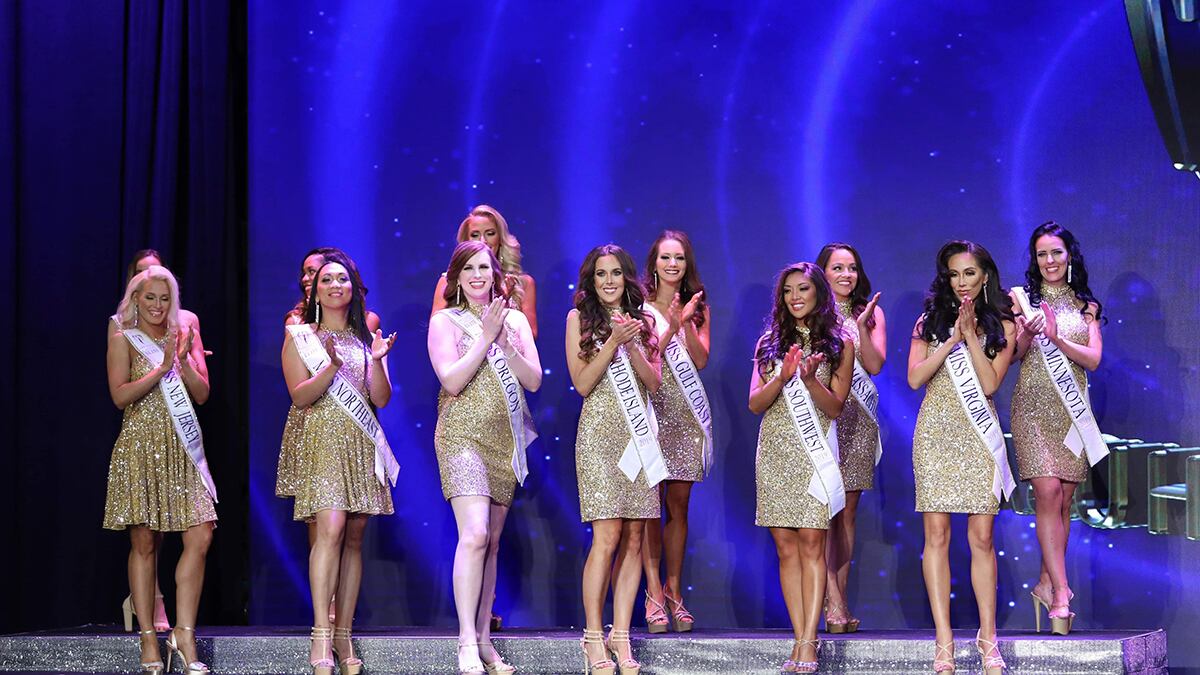The 9th U.S. Circuit Court of Appeals affirmed on Wednesday a Portland federal judge’s conclusion that beauty pageants have the constitutional right to exclude transgender competitors.
The court’s opinion, written by Judge Lawrence VanDyke, argues that forcing the pageant to accept transgender women would violate its right to freedom of expression under the First Amendment.
A Clackamas transgender woman, Anita Green, sued pageant organizers in December 2019 after they refused her application to compete in the annual Miss Oregon competition held in Corvallis.
In his opinion, VanDyke compared the pageant’s decision to ban transgender competitors with Lin-Manuel Miranda’s selection of Black actors to play the Founding Fathers in the hit Broadway musical Hamilton.
“It is commonly understood that beauty pageants are generally designed to express the ‘ideal vision of American womanhood,’” he wrote. “The Pageant would not be able to communicate ‘the celebration of biological women’ if it were forced to allow Green to participate.”
“I found it a little shocking,” Mikki Gillette of Basic Rights Oregon tells WW. “This group feels like they can exclude trans people because they’re trans. And now, two court rulings have said that they’re right.”
U.S. District Judge Michael Mosman ruled in the pageant’s favor last year, noting that it was an “expressive” organization devoted to promoting a message.
The pageant organizers were represented by lawyers for the Alliance Defending Freedom, a Christian advocacy group that has fought LGBTQ rights across the country. The nonprofit’s senior counsel, Christiana Kiefer, praised the decision in a press release.
“We’re pleased the 9th Circuit recognized United States of America Pageants’ free-speech right to give women the chance to perform in beauty pageants designed to promote women,” she wrote.
The decision is indicative of the legal challenges facing LGBTQ+ advocates in the wake of Republican efforts to pack the federal courts with conservative judges. VanDyke is one of nine justices appointed to the 29-member court by former President Donald Trump.
Trump’s reshaping of the courts is widely seen as one of the defining legacies of his tumultuous administration. In his four-year term, he appointed three conservative justices to the U.S. Supreme Court.
The Supreme Court is currently scheduled to hear a case involving LGBTQ+ rights in December, in which a Christian web designer, Lorie Smith, is challenging Colorado’s anti-discrimination law that bars her from discriminating against gay clients. Smith’s case is also being argued by Alliance Defending Freedom lawyers.
It’s unclear if Green’s case will make it that far. Green’s attorney, Shenoa Payne of Portland, declined to comment on whether she would appeal the decision.
“Transgender women are women,” Green noted in a statement last year following her initial legal defeat.
Green’s initial appeal was heard by a panel of three 9th Circuit judges. VanDyke was joined in his opinion by fellow Republican appointee Carlos T. Bea, who was appointed by former President George W. Bush in 2003. The third judge, a President Bill Clinton appointee, dissented.
Judge Susan P. Graber’s opinion, however, was hardly a full-throated defense of transgender rights. It was not clear that Oregon’s anti-discrimination statute even applied in Green’s case, Graber wrote, because the pageant’s services may be “distinctly private in nature” to shield its application criteria from state oversight.
Gillette says she’s discouraged by the decision, but noted that the judges are fighting a losing battle against public opinion.
“I don’t think a whole generation of kids who grew up with trans classmates would see things the way these judges do,” she says.

